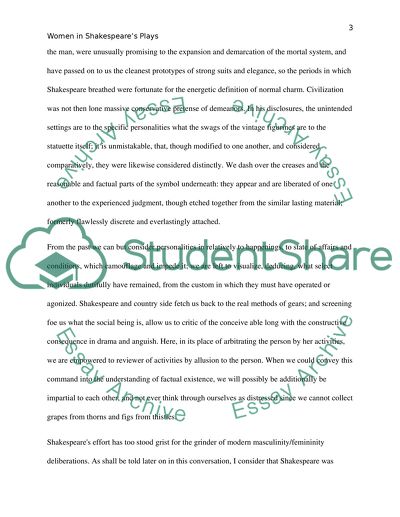Cite this document
(The Personality of Lady Macbeth Essay Example | Topics and Well Written Essays - 2750 words, n.d.)
The Personality of Lady Macbeth Essay Example | Topics and Well Written Essays - 2750 words. https://studentshare.org/literature/1595563-the-personality-of-lady-macbeth
The Personality of Lady Macbeth Essay Example | Topics and Well Written Essays - 2750 words. https://studentshare.org/literature/1595563-the-personality-of-lady-macbeth
(The Personality of Lady Macbeth Essay Example | Topics and Well Written Essays - 2750 Words)
The Personality of Lady Macbeth Essay Example | Topics and Well Written Essays - 2750 Words. https://studentshare.org/literature/1595563-the-personality-of-lady-macbeth.
The Personality of Lady Macbeth Essay Example | Topics and Well Written Essays - 2750 Words. https://studentshare.org/literature/1595563-the-personality-of-lady-macbeth.
“The Personality of Lady Macbeth Essay Example | Topics and Well Written Essays - 2750 Words”. https://studentshare.org/literature/1595563-the-personality-of-lady-macbeth.


